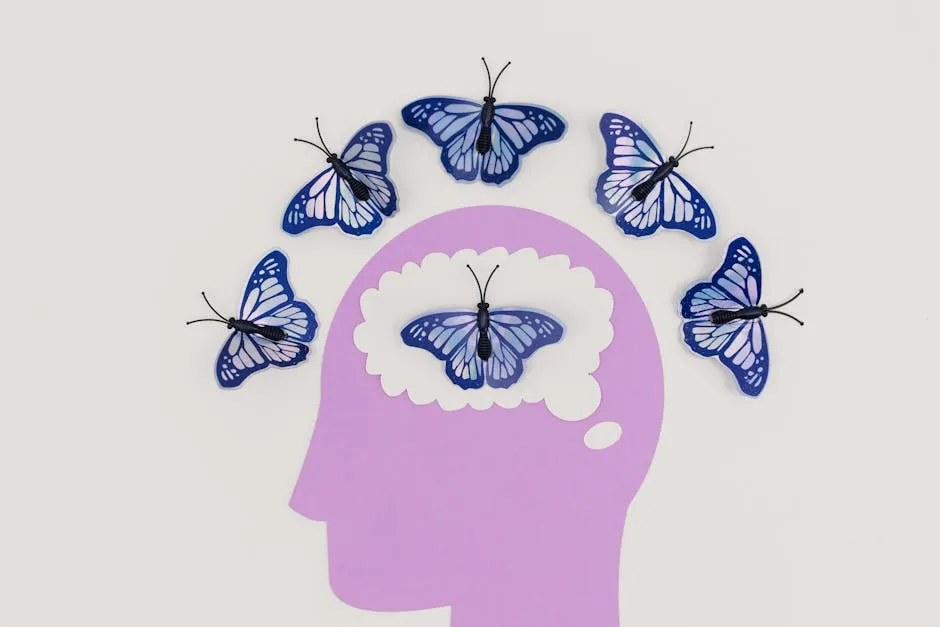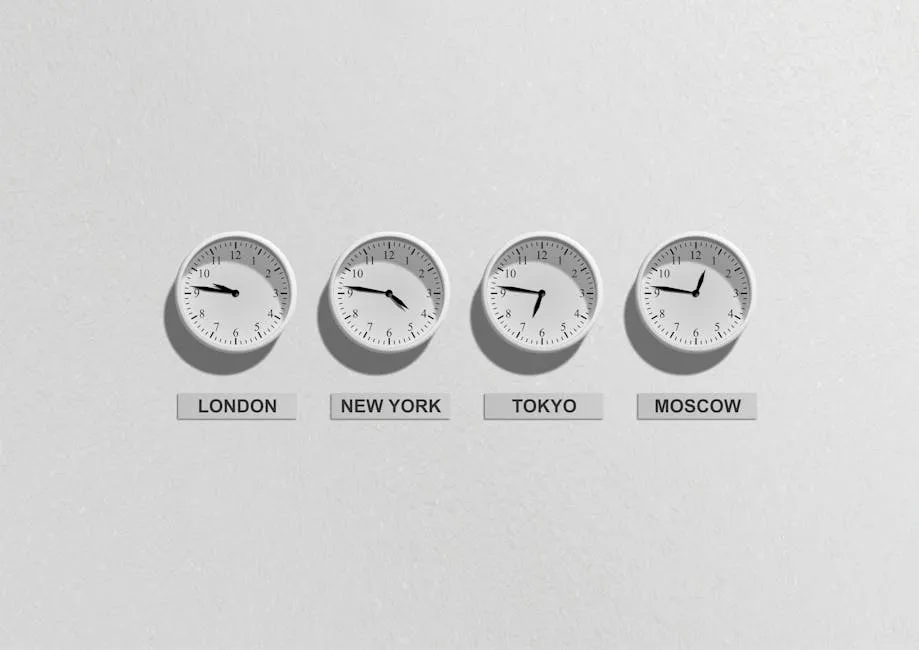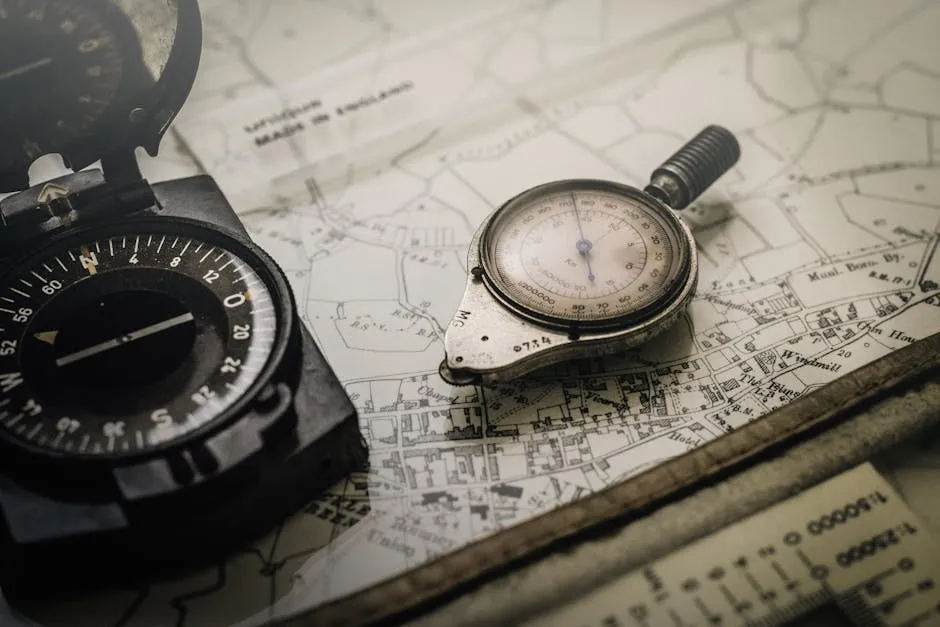
Why Do We Experience Jet Lag When Traveling Across Time Zones?
Introduction
Jet lag is that pesky travel companion no one invites. It sneaks up on you after hopping across time zones, leaving you feeling like a walking zombie. Physically, you might feel drained, while mentally, your focus takes a vacation of its own. It’s like your body forgot to check the local time and instead stubbornly sticks to your home clock. This disorientation can mess with your sleep patterns, mood, and even digestion.
Understanding jet lag is vital, especially for frequent flyers. After all, who wants to land in a new city only to feel like they’ve been hit by a truck? By grasping the ins and outs of jet lag, travelers can better prepare and mitigate its effects. So, why does this happen, and how can you dodge the jet lag blues? Let’s unravel the mystery behind this baffling phenomenon.

Understanding Jet Lag
What is Jet Lag?
Jet lag is a circadian rhythm sleep disorder. It occurs when rapid travel across time zones disrupts your body’s internal clock. Your internal clock regulates sleep-wake cycles, hormone release, and even metabolism. Imagine your body as a finely tuned orchestra, and jet lag is the conductor who forgot the score. When you fly, the time zone changes faster than your body can adapt, leading to a cacophony of symptoms.
Circadian Rhythms and Their Importance
Circadian rhythms are the body’s natural 24-hour cycles, which align with the day-night cycle. These rhythms influence various bodily functions, including sleep, appetite, and hormone production. When you travel across time zones, these rhythms can get thrown off balance. The mismatch between your internal clock and the new time zone is what leads to the oh-so-familiar symptoms of jet lag. Disruptions can cause sleep disturbances, irritability, and even gastrointestinal issues, leaving you feeling less than your best. Understanding this connection is key to finding ways to ease the transition and enjoy your travels.

Speaking of easing transitions, consider adding a Melatonin Supplement to your travel kit. It can help regulate your sleep cycle, especially after long flights. Just remember to consult your doctor before taking any supplements—timing is everything!
Symptoms of Jet Lag
Common Symptoms
Jet lag can be quite the party crasher, disrupting your travel plans with a range of unwelcome symptoms. Let’s take a closer look at these pesky issues.
Sleep Disturbances: Insomnia is the rockstar of jet lag symptoms. You might toss and turn, unable to drift off to sleep. Or perhaps you’ll find yourself waking at odd hours, feeling like a night owl in a world full of early risers. Excessive daytime sleepiness is another common trait, making it tough to stay alert during those exciting sightseeing tours.

Cognitive Impairments: Jet lag can mess with your brain too. You may experience a lack of focus, like trying to watch a movie with the sound turned off. Memory issues might crop up, making you forget where you parked or even what you had for breakfast. It’s like your brain decided to take a vacation while you were traveling.
Emotional Changes: Mood swings can also join the jet lag buffet. Irritability often lurks around the corner, ready to strike at the slightest inconvenience. You might find yourself feeling sad or anxious, which can be particularly frustrating when you’re trying to enjoy your trip.
Physical Symptoms: Last but not least, the physical symptoms. Headaches can pop up like uninvited guests, while gastrointestinal issues may lead to discomfort. You could experience nausea, constipation, or even a reduced appetite. Your body is definitely not on its best behavior when jet lag strikes.

To combat those physical symptoms, consider investing in a good Compression Socks for Travel. They can help improve circulation and reduce the risk of swelling during long flights, making your travel experience more comfortable.
Variability in Symptoms
The symptoms of jet lag are not one-size-fits-all. They can vary based on individual differences and travel specifics. Age plays a significant role; older adults often take longer to adjust. Health status is another factor; pre-existing sleep disorders may exacerbate symptoms.

Furthermore, the number of time zones crossed affects severity. Crossing three or more time zones can lead to more pronounced symptoms, especially when traveling eastward. The direction of travel matters too. Eastward journeys tend to wreak more havoc than westward ones, as our bodies naturally prefer to stay up late rather than wake up early. Understanding these variabilities can help you better prepare for your next adventure.
Causes of Jet Lag
Biological Mechanisms
Jet lag is primarily caused by a misalignment between your body’s internal clock and the local time at your destination. This internal clock, known as the circadian rhythm, governs various bodily functions, including sleep-wake cycles, hormone release, and even metabolism. When you travel across multiple time zones, your internal clock struggles to catch up with the new time, leading to that familiar feeling of disorientation.

Light exposure plays a key role in regulating these circadian rhythms. Your body relies on natural light cues to determine when it should be awake or asleep. When you land in a new time zone, the sudden change in light can confuse your internal clock. For example, arriving in a sunny destination at noon when your body thinks it’s still morning can lead to a chaotic adjustment period.
Factors Influencing Severity
Several factors can influence the severity of jet lag. The specifics of your trip matter. Longer flights that span multiple time zones can complicate matters, particularly if you have layovers. The direction of travel also makes a difference. As mentioned earlier, traveling east can be more challenging than west, as our circadian rhythms are naturally longer than 24 hours.

Individual differences like age, health status, and pre-travel sleep quality can also play a role. Older adults may find it harder to adjust due to natural changes in their circadian rhythms. Additionally, high stress levels and the use of caffeine or alcohol can interfere with your body’s ability to reset itself. Understanding these factors can aid in developing strategies to cope with jet lag effectively.
Jet Lag vs. Travel Fatigue
Definitions and Differences
Jet lag and travel fatigue often get lumped together, but they are not the same. Jet lag is a physiological condition. It occurs when your body’s internal clock becomes misaligned with the new time zone after rapid travel across multiple time zones. This misalignment often leads to disturbances in sleep-wake cycles, hormone release, and overall well-being.

Travel fatigue, on the other hand, is more about physical exhaustion. It stems from the demands of travel itself, such as long hours sitting, cramped spaces, and disrupted routines. Think of it as your body saying, “Hey, I need a break!” while jet lag whispers, “What time is it again?”
Symptoms Comparison
Both jet lag and travel fatigue can leave you feeling like a deflated balloon. However, their symptoms can differ significantly. Jet lag typically brings sleep disturbances, such as insomnia or waking up too early. You might also experience cognitive issues, like trouble concentrating or memory lapses. Physical symptoms can include headaches and gastrointestinal upset.

Travel fatigue, however, is characterized by general tiredness and discomfort. It may come with headaches, but they usually don’t have the same intensity as those associated with jet lag. Both conditions can coexist, creating a perfect storm of exhaustion and confusion. After all, who doesn’t love a good double whammy when traveling? Understanding these differences can help you tackle them effectively, making your travels more enjoyable.
Coping Strategies for Jet Lag
Traveling can be thrilling, but jet lag? Not so much. Thankfully, you can take steps to minimize its effects. Here are some coping strategies that will help you navigate the time zone switch with ease.

Pre-Travel Adjustments
Before you even step foot on that plane, start adjusting your sleep schedule. Aim to shift your bedtime and wake-up time a little earlier or later, depending on your destination. If you’re heading east, try going to bed an hour earlier for a few days. Traveling west? Sleep a little later. This gradual change will help your body adapt to the new time zone more smoothly.
Don’t forget about your meals! Gradually shifting your meal times can also signal your body to adjust. If you’re flying east, have breakfast a bit earlier. For westward flights, enjoy dinner a little later. This way, your body starts to sync up with the new schedule before you even arrive.

During Travel Tips
Once you’re in the air, hydration is your best friend. Drink plenty of water throughout your flight. Airplane cabins are notoriously dry, which can worsen jet lag symptoms. Avoid alcohol and caffeine, as both can disrupt sleep and dehydrate you. While a little bubbly might seem tempting, it’s best to save it for after you land.
Light exposure during your flight can work wonders too. If you’re flying east, seek out bright light in the morning hours. For westward flights, soak in the evening light. This will help your body adjust to the new time zone faster. If you can, get up and move around the cabin to keep your blood circulating and your energy levels up.

And don’t forget your comfort! A Travel Pillow can make all the difference during long flights, allowing you to catch some much-needed rest without waking up with a sore neck!
Post-Travel Recovery
After landing, it’s time to acclimatize to your new surroundings. Spending time outdoors is crucial—sunlight helps reset your internal clock. Soak up that glorious daylight! It’s like your personal jet lag antidote.

Avoid long naps during the day, even if you feel tempted. Short power naps of about 20 minutes can be refreshing, but lengthy snoozes can throw your sleep schedule off. You want to be tired enough to sleep at night!
Consider using melatonin supplements to help your body adjust. Consult your doctor before you take any supplements, though. Melatonin can assist in regulating your sleep cycle, especially after long flights. Just remember, timing is everything with melatonin. Take it at the right moment for it to work wonders.

With these strategies in your travel toolkit, you can tackle jet lag head-on. Prepare in advance, stay hydrated, and embrace the sunshine. Your body will thank you later!
FAQs
What is the best way to minimize jet lag?
To minimize jet lag, adjust your sleep schedule a few days before travel. Gradually shift bedtime and meal times to align with your destination. Stay hydrated during your flight and avoid alcohol and caffeine. Upon arrival, spend time outdoors to help reset your internal clock. Melatonin supplements may also help, but consult your doctor first.
Is jet lag worse when traveling east or west?
Jet lag is typically worse when traveling east. This is because our natural circadian rhythms are slightly longer than 24 hours, making it easier to stay up late than to wake up early. For instance, flying from New York to London requires adjusting to an earlier schedule, which can be more challenging for most travelers.
Can children experience jet lag?
Yes, children can experience jet lag too, but they often adapt more quickly than adults. Their circadian rhythms are more flexible, and they may have fewer symptoms. However, younger children might struggle with sleep disturbances and irritability, especially if they are traveling significant distances.
How long does jet lag last?
The duration of jet lag varies, but it generally takes about one day to adjust for each time zone crossed. For example, if you cross three time zones, you might expect to feel jet lagged for three days. Individual factors like age, sleep quality, and overall health can also influence how quickly someone adjusts.
Are there any medications for jet lag?
Melatonin is a popular supplement that can help regulate sleep-wake cycles when traveling across time zones. Other sleep aids may also be effective, but it’s essential to consult with a healthcare professional before using any medications. They can advise on the best options based on your specific needs and health background.
Please let us know what you think about our content by leaving a comment down below!
Thank you for reading till here 🙂
Understanding jet lag is essential for frequent travelers. Why do we experience jet lag when traveling across time zones
All images from Pexels




